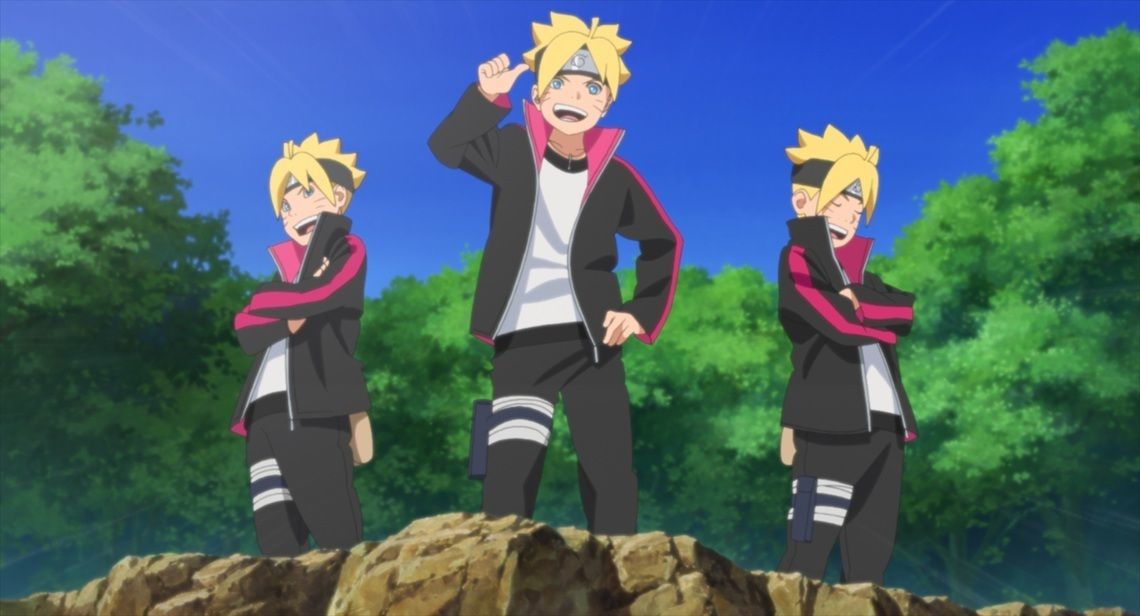
The Author’s Real-life Experiences
Fans of Naruto know well that the comic book faithfully reflects your worldview. In the new movie, Naruto has become the Hokage, but because of his busy schedule, he doesn’t have any time for his son, Boruto—and that annoys him. Does this father-son relationship reflect your own experience?
That’s exactly right! My son doesn’t jump down my throat like Boruto, but the relationship between Boruto and Naruto is somewhat realistic because it’s based on my real-life experiences. Just recently, I was late to my son’s birthday party because it coincided with the preview screening of the movie. I thought to myself, This story is really about me. It’s always been like this, but this time, I just really felt it.

Naruto used to be a hopeless student, but in the new movie, he matures into a composed adult, who goes on to become the Hokage, the head of his ninja village. Weren’t some fans shocked by how much the character has changed?
As we live, we go through different experiences and change with them. I think that’s what it means to be human. I wanted to be true to that, so I took a chance and drew an adult Naruto who’s given up most of his childish behaviors.
Some people will probably think that this isn’t the real Naruto, but he’s an adult now, and a Hokage to boot. I just can’t imagine him screeching and hollering. People say that comic book characters shouldn’t change because the original is what the readers fell in love with. But this movie would mark the end of Naruto, so I wanted to draw a mature main character who’s having problems with his son.
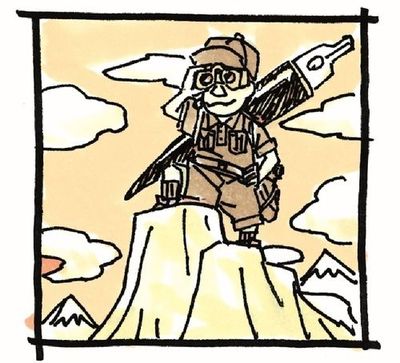
Naruto has fans all over the world, but did you write the comic with an international audience in mind?
Not in the beginning, but I started doing that when the comic was turned into an animated series. I wanted Naruto to become a global hit, so I engaged the help of Tetsuya Nishio, an animator well-known around the world thanks to his work in such movies as Jin-Roh: The Wolf Brigade. I thought that foreign fans would really take to his drawing style and character design. Mr. Nishio is a very busy man, so when he agreed to work on Naruto, it was like a dream come true.
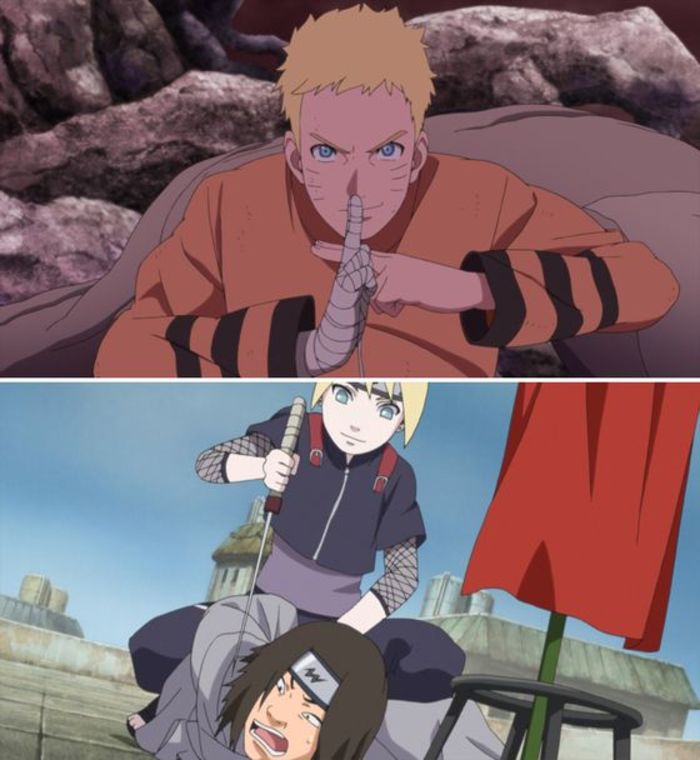
How did you end up writing the script for the movie?
Since the comic book had ended its run, I got bold and said I’d take care of the script. I thought that if I put as much work into writing the screenplay as I did into the monthly comic, then I’d have it done in a month or so. I was so naïve. Once I started, I found out that it wasn’t so simple, although I suppose it was easier not having to draw any illustrations.
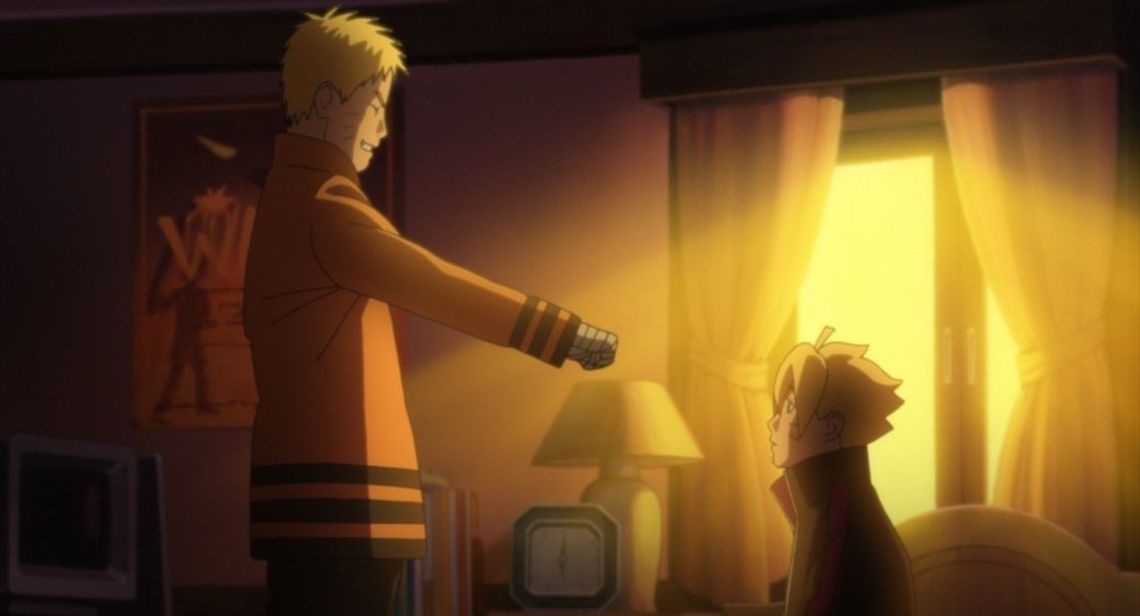
Movie Requires Teamwork
You also gave extensive pieces of advice to the movie director and other staff.
We had discussions about how we should do this or that, and I did share my vision for the movie during those talks. Also, I wanted to keep to a three-act structure as closely as possible, so I talked to the director about timing the scenes just right. I told him that this scene should take this number of minutes, or so much time should pass before we get to this or that sequence, among others. I became really unreasonable with my detailed instructions.
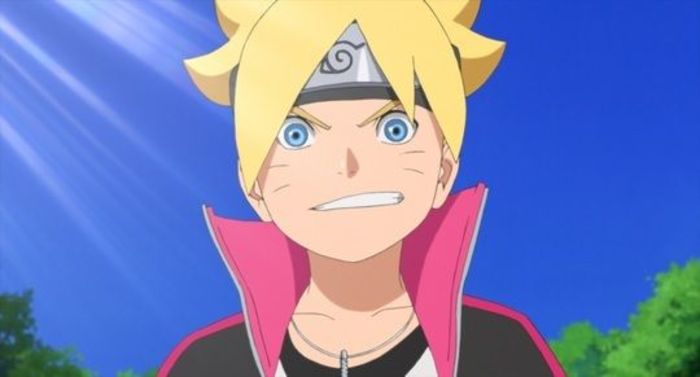
The movie was also about how you balance out work and family. What does work mean to you?
Writing and drawing comic books is my job, but a part of me doesn’t consider that working. It’s more like a way of expressing myself. It lets me vent my thoughts and observations about society through comic books. You could say that I vent for a living.
Is it true that you want to do a science-fiction story next?
I am working on a project, but I can’t go into any detail about it until I have something more concrete. I haven’t even talked to my editor about it because I want to bring him only the very best.
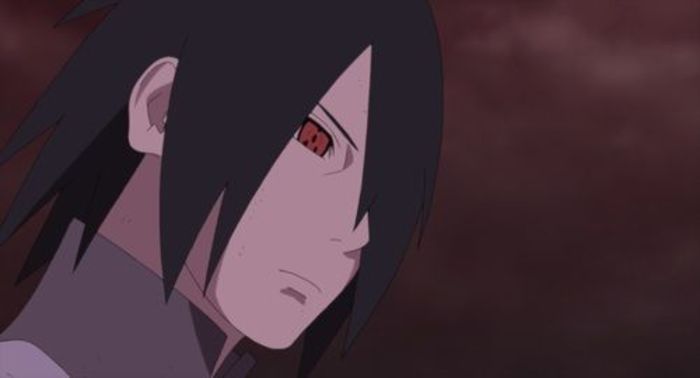
But of course, once it gets picked up, we’ll work closely together on it. I usually give him a draft without prior notice and see what sort of reaction he has reading it—that’s how I get a feeling about whether the audience will like it or not. If I can’t surprise him and get him excited about a project, then I know that working on it wouldn’t be any fun.
